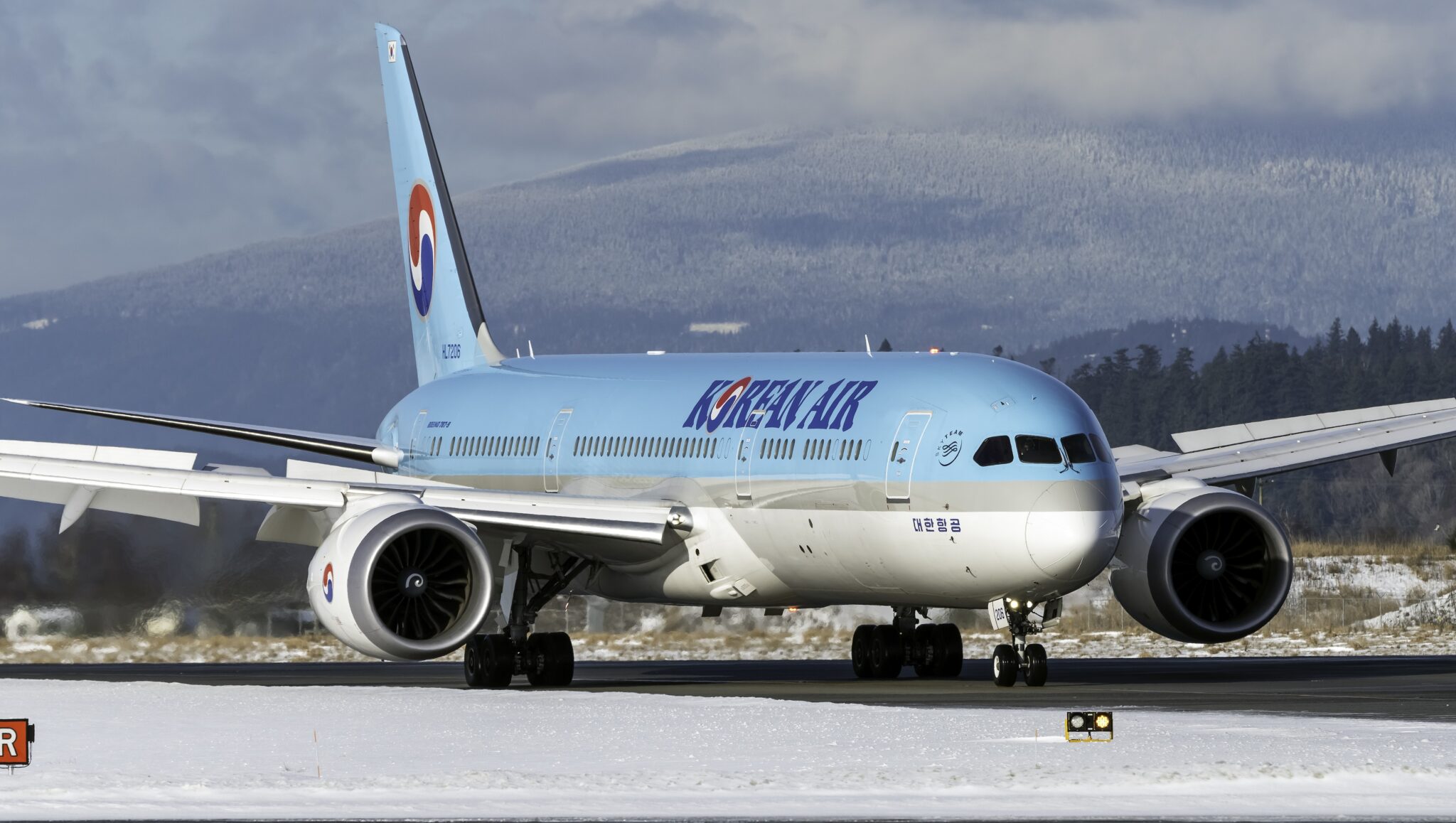Korean Air Completes Asiana Acquisition: Everything You Need to Know

Skift Take
It’s official. One of the most drawn-out airline acquisitions in aviation history has concluded. On Thursday, Korean Air confirmed it has taken a majority stake in local rival Asiana Airlines. The flag carrier described the outcome as a “strategic milestone for Korea’s aviation industry.”
It’ll be many months before the full impact of the deal is realized, but be under no doubt – this is an airline mega-merger with global implications.
To help make sense of it all, we answer some of the most pressing questions about the transaction and the likely longer-term changes to the airline industry.
What’s the (Very Short) History of the Deal?Thursday’s developments are four years in the making. In November 2020, at the peak of the Covid-19 crisis, Korean Air said it wanted to acquire a controlling stake in Asiana.
At the time, the $1.6 billion deal was framed not only as a response to the challenges of the pandemic but also as a solution to more systemic issues in South Korea’s aviation industry. The formal application process to global regulators started in January 2021.
What’s Taken so Long?Airline mergers and acquisitions are rarely straightforward – just ask JetBlue – however even by industry standards, the Korean tie-up has been prolonged. Aside from complications of the pandemic, a major obstacle has been winning the approval of 14 different global regulators.
Türkiye was the first to approve the merger in early 2021, foll

